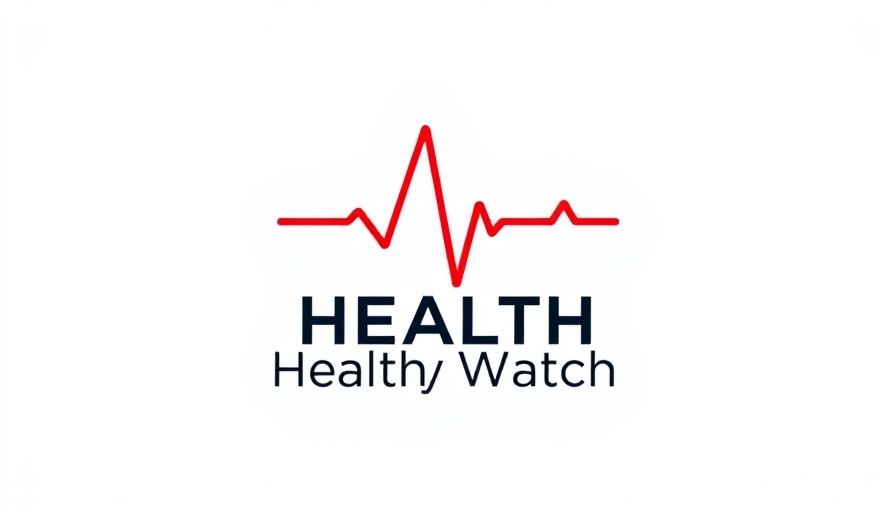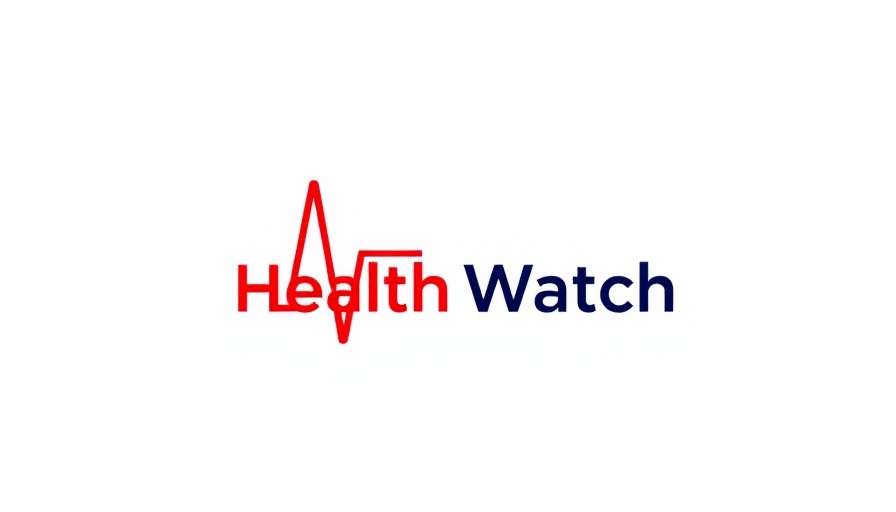
The Emergence of the NB.1.8.1 Variant: What We Know
The COVID-19 pandemic continues to evolve, with the emergence of a new variant, dubbed NB.1.8.1, which the CDC projects could represent over a third of the cases nationwide. Understanding this new variant is crucial for public health responses and individual safety. This variant is part of a well-documented lineage of COVID-19 viruses, which have been constantly changing since the pandemic's onset.
Why the NB.1.8.1 Variant Is Cause for Concern
While the details are still emerging, the concern surrounding the NB.1.8.1 variant stems from its potential to spread rapidly. Health officials have emphasized the importance of vaccinations and boosters to combat these newer variants. Early evidence suggests that this strain may evade certain immunity responses generated by vaccinations from earlier strains, prompting researchers to investigate its implications.
The Importance of Monitoring Variants
Monitoring COVID-19 variants has become a pivotal part of managing the pandemic. The CDC's role in tracking these mutations is vital for understanding transmission rates and guiding vaccination efforts. As scientists work diligently to keep pace with the virus's evolution, public health policies can shift rapidly. For example, masks may again become a recommended practice in areas with high transmission rates.
Comparative Examples: Previous Variants and Their Impact
To understand the potential implications of NB.1.8.1, let’s look back at past variants like Delta and Omicron. Both these strains demonstrated increased transmissibility and led to spikes in cases, prompting urgent responses from health authorities. Delta was known for its ability to spread rapidly among unvaccinated populations, while Omicron highlighted how vaccines could prevent severe illness, even if breakthrough cases occurred. These previous experiences indicate that proactive measures are crucial as health officials learn more about this latest variant.
The Future of COVID: Predictions and Insights
While the NB.1.8.1 variant raises concerns, it also emphasizes the importance of being prepared for future mutations. Public health experts predict that as long as the virus circulates, variants will emerge. This means ongoing vaccinations may become a regular part of our healthcare routine, similar to flu vaccinations. Keeping an eye on emerging trends and maintaining public health recommendations will be crucial moving forward.
Taking Action: What Can You Do?
A key takeaway from the latest projections about NB.1.8.1 is the empowerment of individuals to take charge of their health. Vaccination and regular booster shots can dramatically reduce the risk of severe illness. Staying informed about local COVID-19 statistics and following public health guidelines can help protect not only your health but also that of the community.
As we continue to navigate this evolving landscape, it’s essential to understand emerging variants and their implications. Awareness and precautionary measures remain fundamental in our collective effort to combat COVID-19 and usher in a healthier future.
 Add Row
Add Row  Add
Add 




Write A Comment